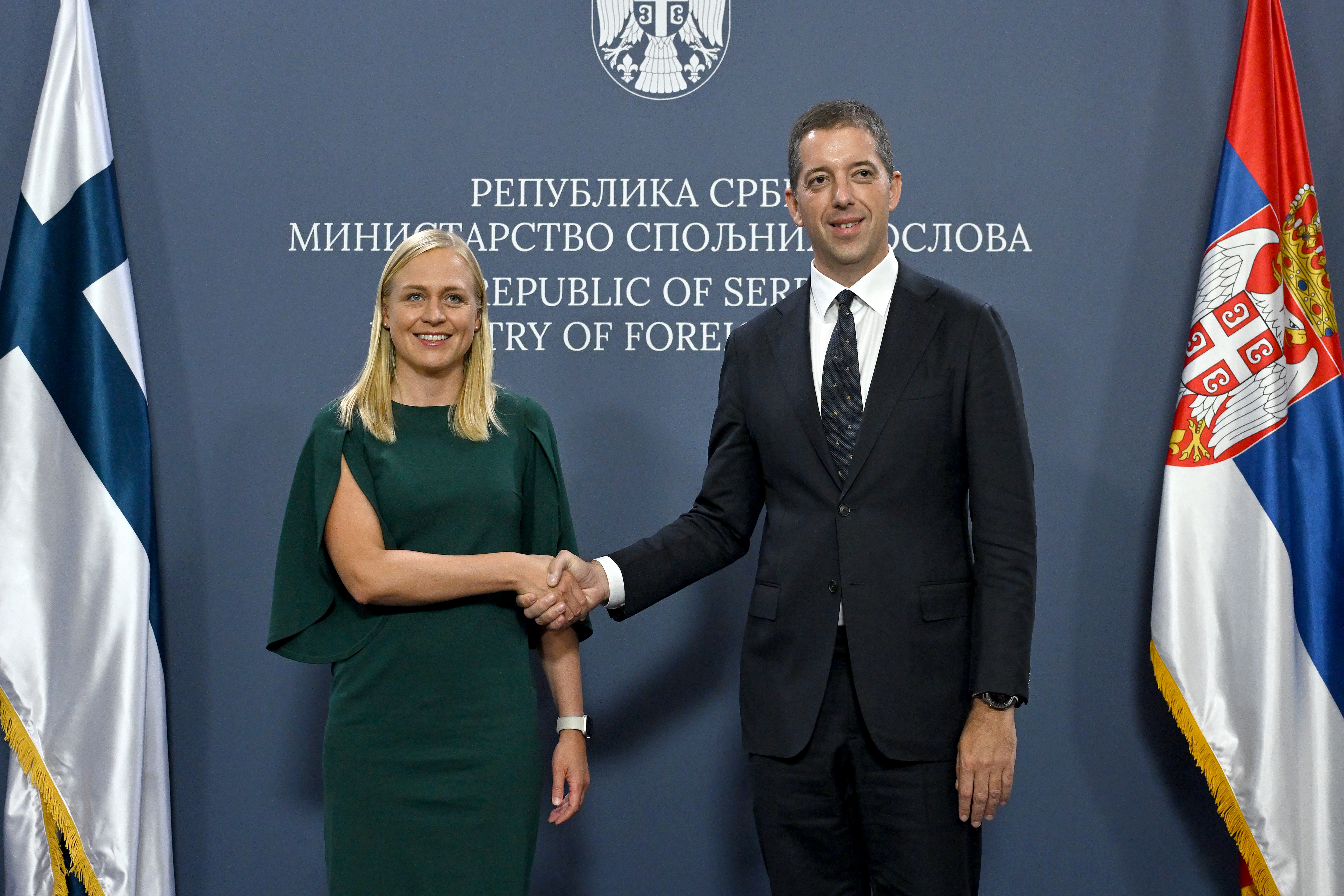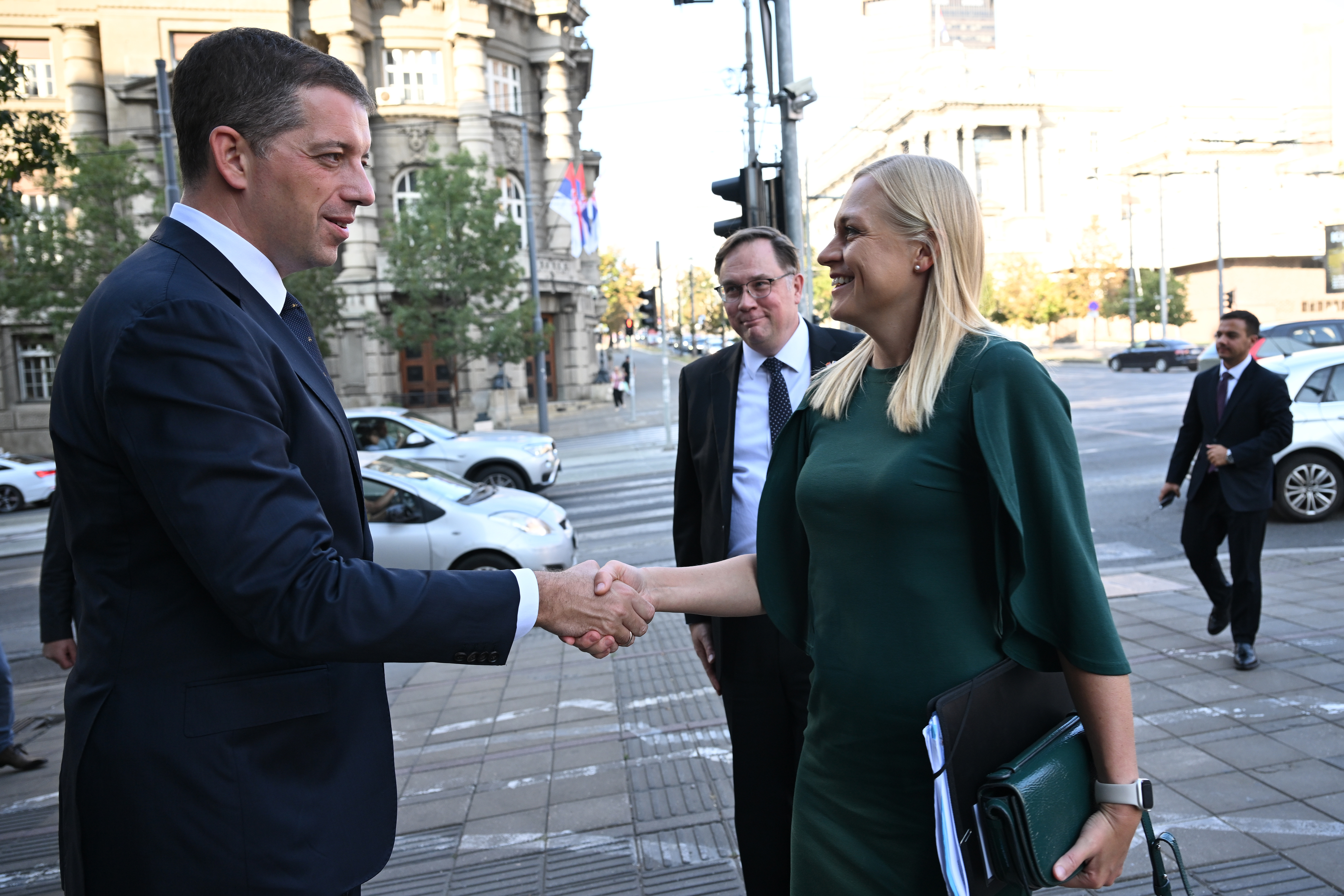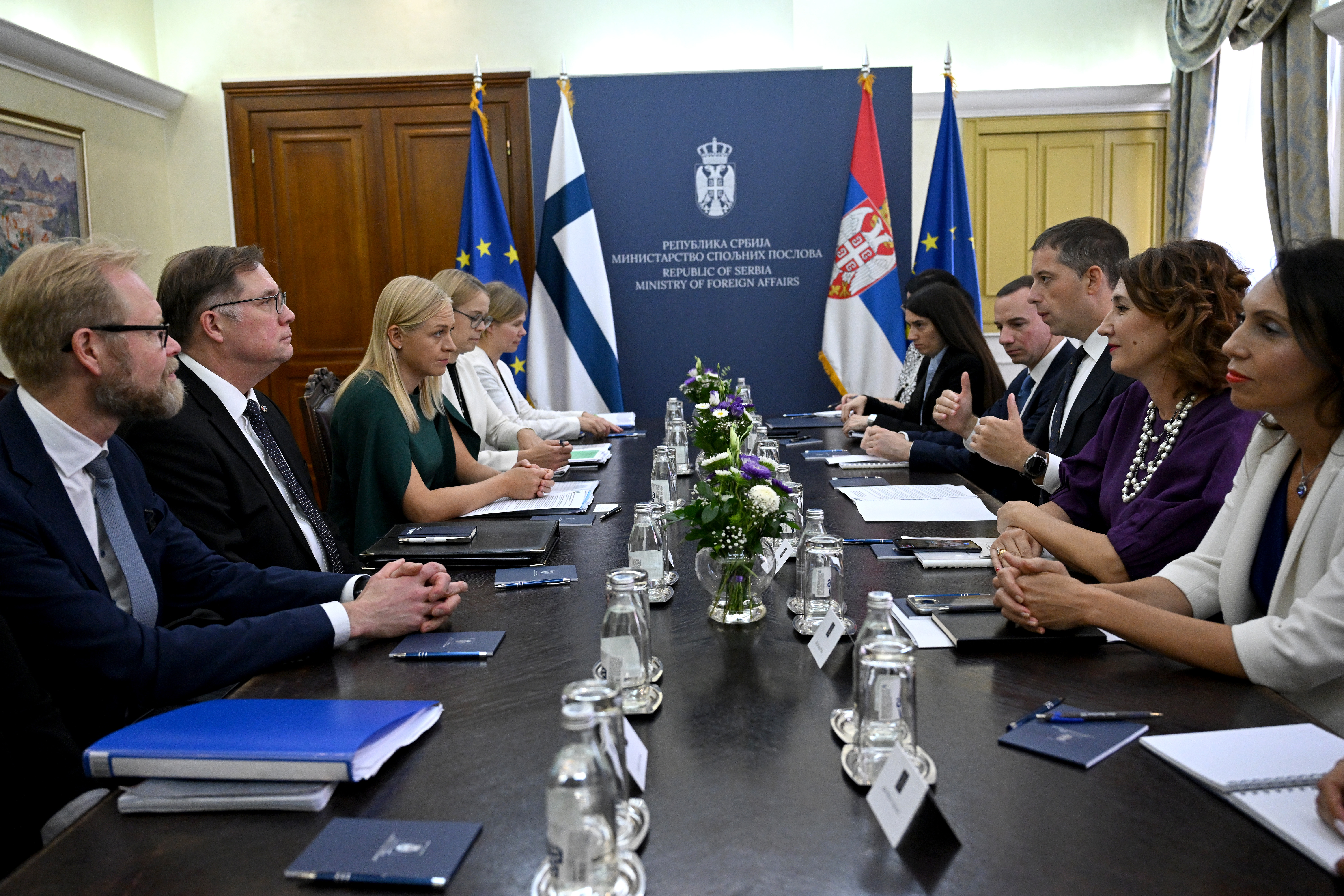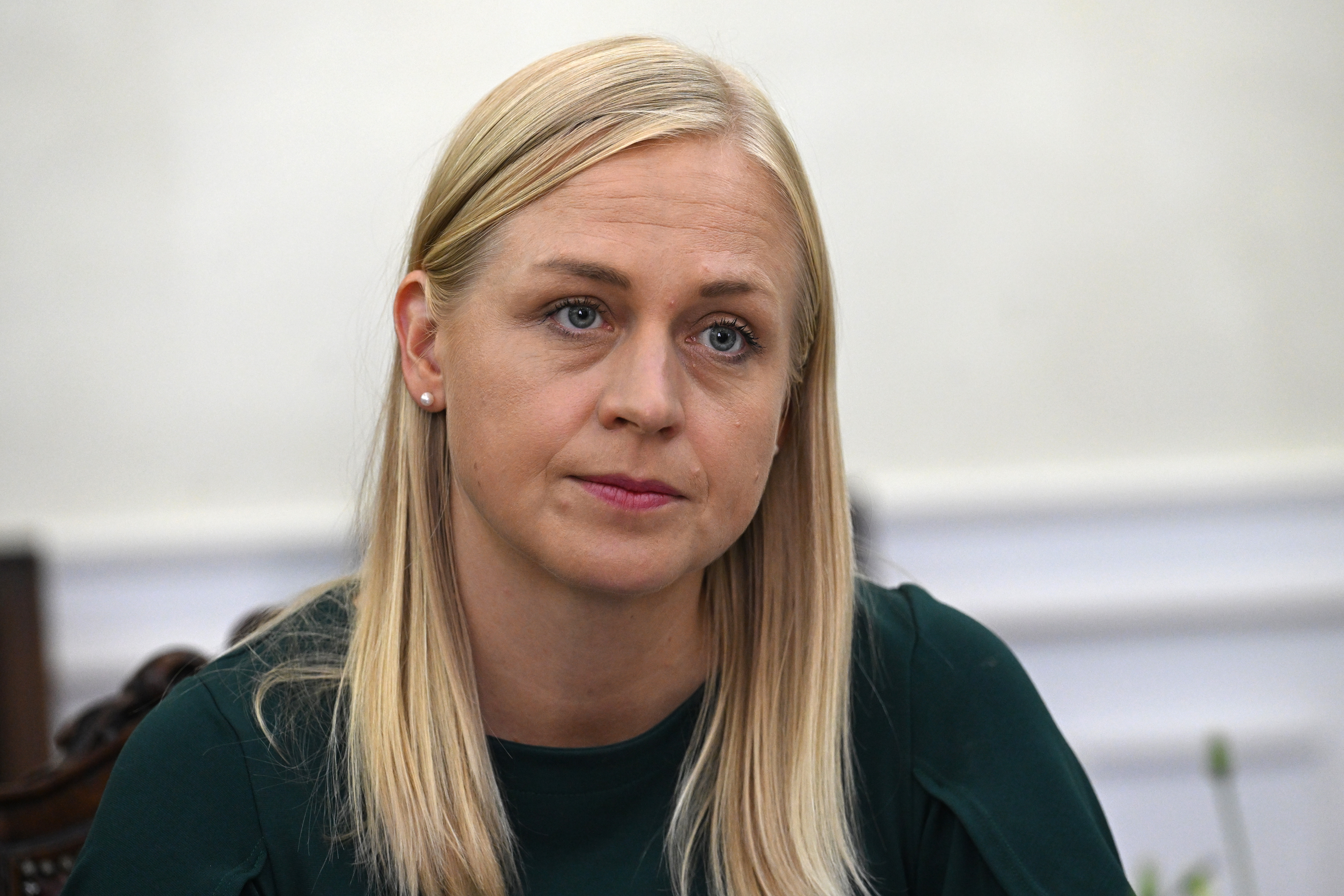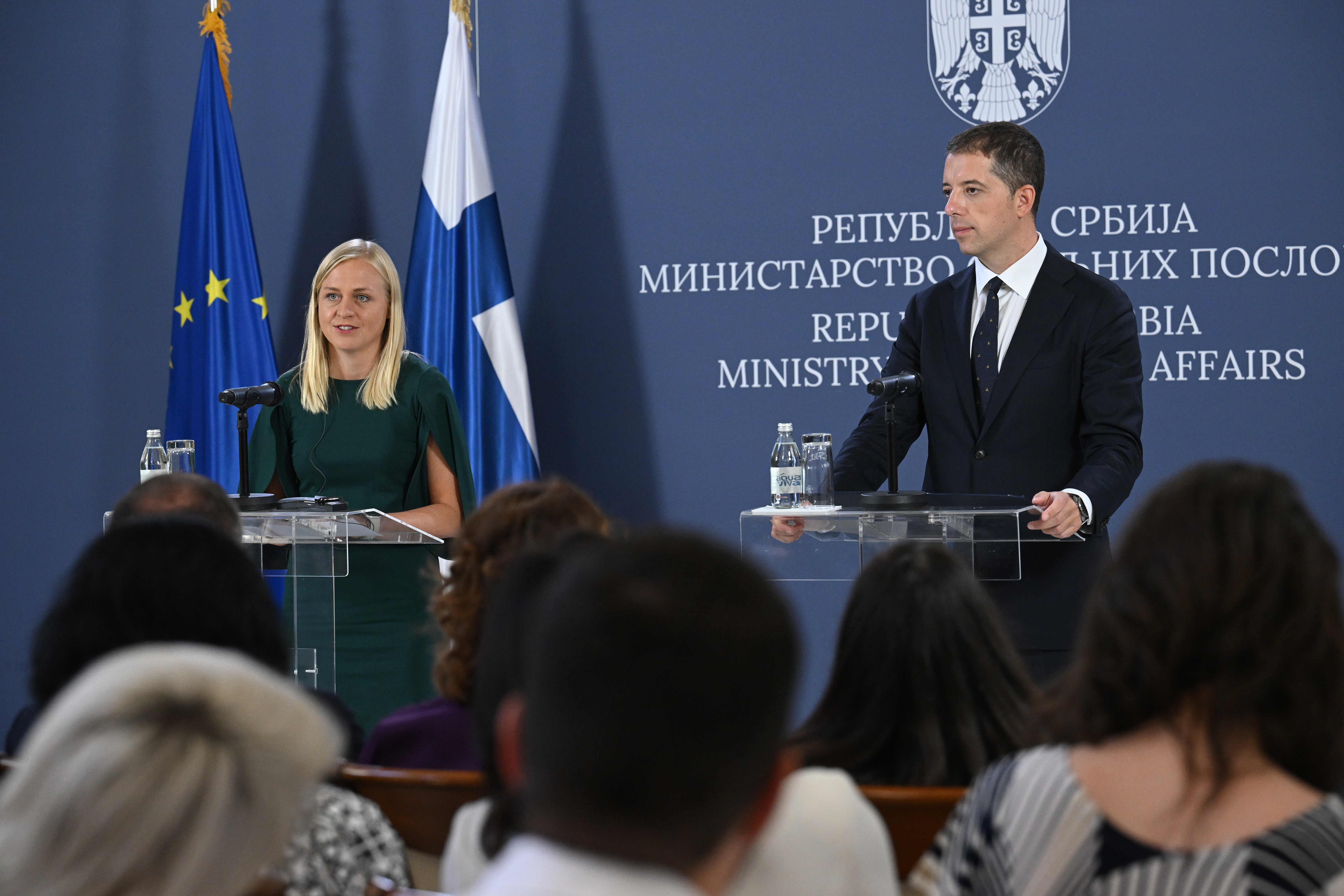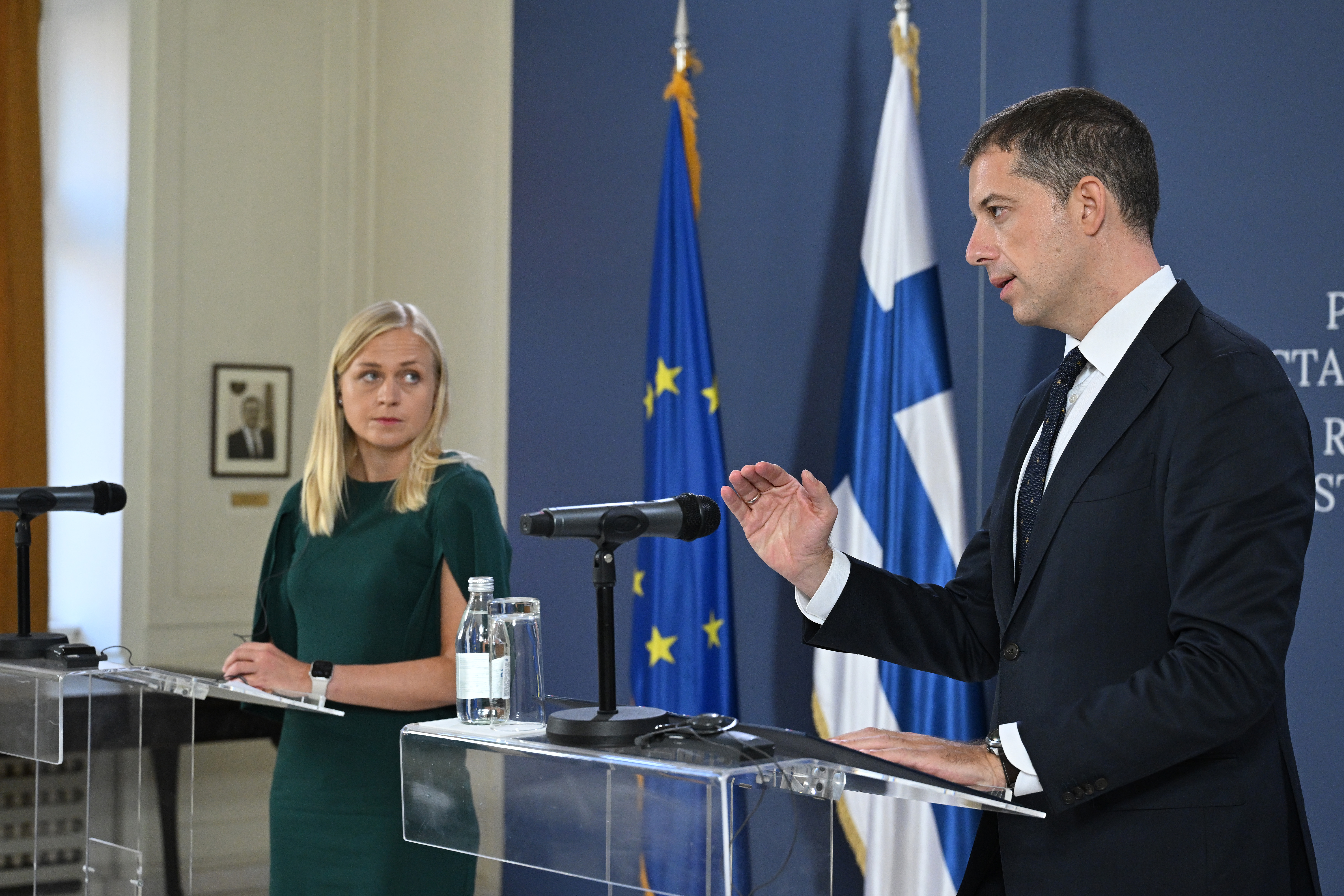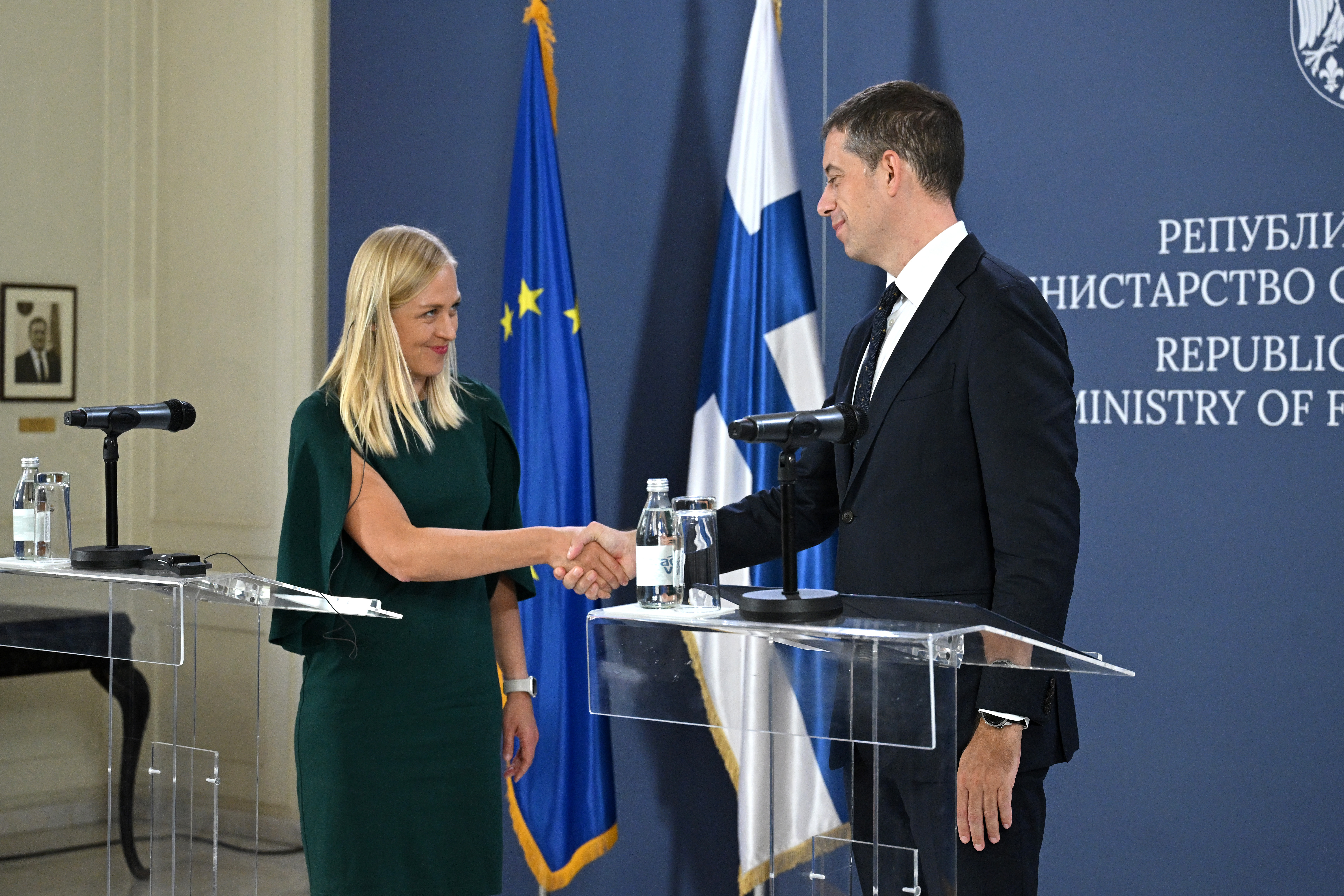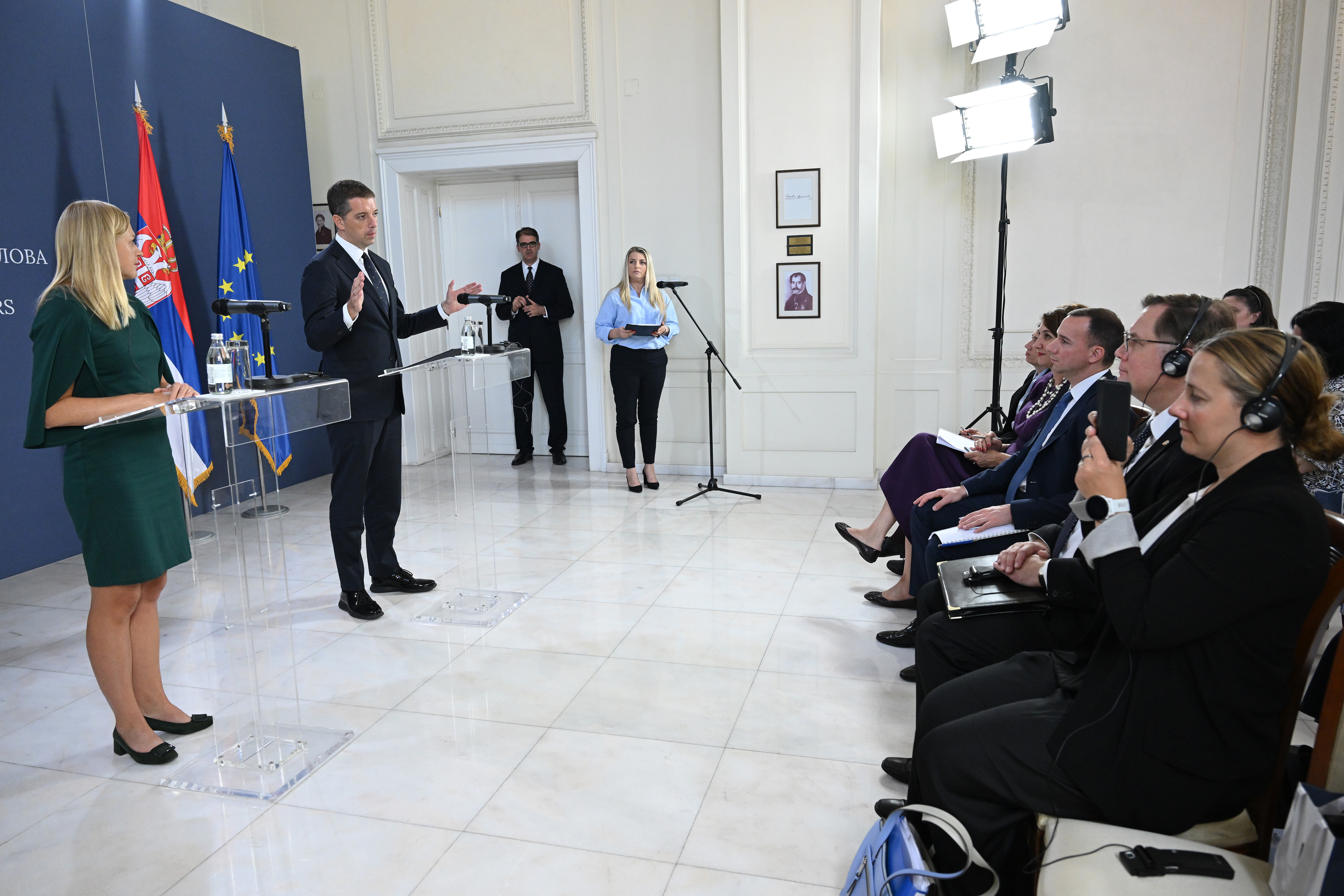Djuric: Serbia-Finland bilateral relations on the rise
Speaking to the press, Minister Djuric expressed his satisfaction at the opportunity to be the host to the delegation of Finland, with which Serbia shared values and a rich history of cooperation, given the fact that this year marks 95 years since the establishment of diplomatic relations between the two countries.
According to the Minister, the visit can also be seen in the light of continuing that long-stanfing tradition of our bilateral relations.
"Bilateral relations between Serbia and Finland are on the rise, as is trade, and we believe that there is a great potential for the promotion of cooperation. We are grateful to Finland for its support to European integration in our region, as well as for its support in maintaining stability and peace in our region, that is, for the participation of Finnish peacekeepers in the KFOR mission in Kosovo and Metohija,” Djuric emphasized.
The head of Serbian diplomacy expressed his gratitude to Finland for supporting the dialogue between Belgrade and Pristina, as well as for supporting efforts to find solutions amid the difficult situation for the Serbian people in Kosovo and Metohija through dialogue.
"Relations between Serbia and Finland have a huge potential when it comes to economic cooperation. As our economy grows and advances and modernizes, we want to see as many Finnish companies as possible here, that bring new technologies and new knowledge with them, but also a work ethic that can help our industry and our economy progress even faster in the future," Minister Djuric noted.
According to the Minister, Serbia is at the forefront of economic development in the region today, and through bilateral cooperation with Finland the economic situation can be enhanced in the interest of both countries.
"I take this opportunity to issue a public invitation to Finnish companies to participate in all preparatory activities related to Expo 2027 in Belgrade. We have a lot of work to do by 2027, and the total value of investments in the Expo amounts to around 17 billion euros. I believe that the knowledge and expertise of Finnish companies can contribute to the development of our country in that segment as well," the Serbian Foreign Minister said.
Turning to the subject of European integration, Djuric said that he also presented to his colleagues from Finland the reform plan that Serbia is implementing with the aim of being fully prepared for EU membership by 2027.
"This remains our strategic priority and I believe that in the coming years we will show that not only in the economic sense, but also in the institutional and organizational sense, we can be an important new link and make a significant contribution to European unity,” Minister Djuric stated.
Minister Valtonen noted that Serbia and Finland had long-standing, not only diplomatic, but also trade and political relations, and that both countries strived to deepen them further.
"Trade between our countries is on the rise, and Serbia and the rest of the region are a very attractive growth market. For example, ICT services, smart manufacturing, clean technologies and energy are sectors to build more cooperation on,” Valtonen emphasized.
She also expressed satisfaction at the presence of Finnish companies in Serbia and their successful business operations.
"Finland is strongly of the opinion that the Western Balkans’ place is in the European Union. Finland supports Serbia’s EU path. We support all people deciding for a future based on the European way of life, democracy, rule of law, human rights and freedom,” the Finnish Foreign Minister noted.
When it comes to the dialogue between Belgrade and Pristina, Minister Valtonen urged "both sides" to make progress in the normalization of relations, adding that Finland would continue to support peace and stability in the region by participating in KFOR and other initiatives.
As Finland assumes OSCE Chairpersonship next year, Minister Valtonen emphasized the importance of that international organization in strengthening institutions and the rule of law in the Western Balkans.

